Get the latest recap of JSE news in the Ghost Wrap podcast, brought to you by Mazars:
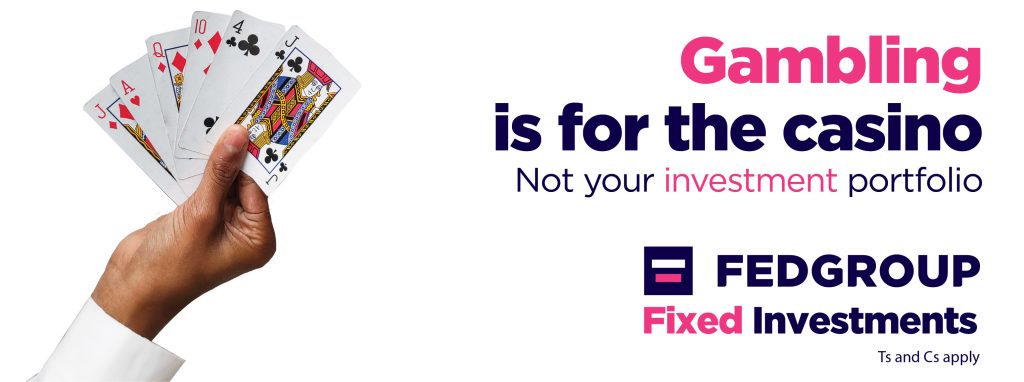
Brait to sell down R750 million worth of Premier shares (JSE: BAT)
Several bookrunners have been appointed to place the shares
It’s time for RMB, Investec and Standard Bank to get their little black books out. Brait has appointed these institutions as joint bookrunners for the placement of R750 million worth of shares in Premier Group.
In simple terms, this means that Brait is selling down its stake in Premier (which is also a listed company) to the extent of R750 million. To try and do this through the order book on the JSE would obliterate the Premier share price and take a long time, so it’s better to do this via a placement of the shares with interested parties. The banks effectively act as matchmakers here, tapping into their institutional contacts to see who wants more stock.
Brait will be using the proceeds for “capital optimisation” purposes, which sounds like a fancy way of acknowledging that they need money to reduce debt and to assist with negotiations around the exchangeable bonds etc.
Shocked and appointing a committee: no, it’s not our president – it’s Bytes! (JSE: BYI)
Trading performance looks good; governance looks terrible
I’ll start with the good news, which is that Bytes released an encouraging trading update for the year ended 29 February 2024. Gross profit and adjusted operating profit both grew by over 12% – and that’s measured in GBP. Gross Invoiced Income was up more than 25% though, so I interpret this as meaning there is margin pressure in the system i.e. they are working harder for every additional bit of profit.
The cash position at year-end is around £89 million.
Separately, the company released a strongly worded announcement regarding disgraced ex-CEO Neil Murphy. In an astonishing governance failure, he executed 119 undisclosed transactions in the company shares. Whilst there could never be an excuse for this, it’s made even worse by the fact there during this time, there was an investigation into a share dealing disclosure problem by someone else related to the board!
The board is “shocked” and has appointed a committee to investigate. It really does sound like the ANC wrote the announcement. The jokes continue to write themselves when you learn that the interim CEO, who we hope will bring more clarity to things, is a woman named Sam Mudd.
When a company is trading on a Price/Earnings multiple well north of 30x, you just cannot afford governance disasters like these.
Discovery’s normalised earnings head the right way (JSE: DSY)
Despite this, the share price closed 7% lower
Discovery’s share price has returned -9% over five years, excluding dividends. The dividends unfortunately aren’t very exciting either. I will genuinely never understand the appeal here, with the share price trading at the same levels seen in 2015. If the lost decade was a share price chart…
Anyway, the good news in this trading statement is that normalised profit from operations for the six months to December 2023 increased by between 10% and 15%. Normalised HEPS increased by between 7% and 12%. I must point out that Discovery is now reporting under IFRS 17 (the new insurance standard) and comparatives have been restated accordingly. Based on IFRS 17, base period profits were 16% lower than under IFRS 4 (the old standard).
In case you’re wondering, HEPS on a non-normalised basis was between -3% and 2% vs. the prior year, restated for IFRS 17.
New business annual premium income grew by 28%, which is perhaps the highlight of the result. Another attractive metric is that Vitality Global has grown normalised profit from operations by between 70% and 75%.
Despite the delistings trend, the JSE grew earnings (JSE: JSE)
In case you’re very confused, the JSE is a public company that is listed on its own exchange
Over the past few years, the trend in South Africa has been one of delistings of companies. Frustrated by a significant compliance burden and lack of liquidity, many small- and mid-caps have either taken themselves private or been bought out by a third party. Either way, the direction of travel is not good.
It’s not just the JSE dealing with this issue. If you look globally, there’s a shift towards private capital deals rather than listings.
To try and mitigate the impact, the JSE has been investing in other services. Non-trading income is now 36.8% of group operating income, up from 34.6% in the comparable period. This is why HEPS grew by 12.2% in the year ended December 2023, a solid result when viewed against the prevailing narrative of a reduction in activity in the local market.
I must point out that EBITDA was actually down by 2.3%. Net finance income was up 66.4%, supported by higher interest rates. Over the next 12 months, there’s likely to be an interest rate headwind or perhaps flat rates at best, so I would be very careful extrapolating the 2023 HEPS growth and hoping for it again in 2024.
The dividend is only up by 2% despite HEPS being 12.2% higher. I would treat that as another signal to be careful.
MC Mining releases the independent expert report (JSE: MCZ)
It supports the independent board’s belief that the offer is too low
The dance at MC Mining continues, with the independent board committee making the latest move. They’ve released the independent expert report prepared by BDO Corporate Finance.
The TL;DR is that the independent expert has suggested a range of A$0.214 to A$0.356. The offer price at the moment is $0.160 per share. On this basis, the expert has found that the offer is neither fair nor reasonable.
This really is such an interesting one, as it all comes down to whether the management team can deliver on the planning balance sheet activities going forward to unlock the value in the operations. If they can, then it’s possible that the offer will look opportunistic in hindsight. If they can’t, then shareholders may one day kick themselves for not accepting it.
If you are a shareholder here, make very sure you read all the documentation that has been released by both the company and the bidder.
Merafe achieved record profit in 2023 (JSE: MRF)
This is impressive under the circumstances
Despite a significant decrease in ferrochrome production, Merafe managed to increase revenue by 16% and EBITDA by 19% for the year ended December 2023. HEPS was up from 56.4 cents to 60.1 cents. The share price is trading at R1.44, so that’s quite the trailing Price/Earnings multiple!
You always have to be wary of low multiples in mining. Merafe has warned that 2024 is likely to see a slowdown in performance. Still, those who took the plunge in the past year have been rewarded with a 42 cents dividend per share for 2023, a lovely jump from 25 cents in 2023. It works out to mildly hysterical dividend yield of 29.2%!
Normalised earnings are flat at OUTsurance, but follow the cash (JSE: OUT)
There’s decent growth in the dividend
As we’ve seen across the sector, the first-time adoption of IFRS 17 makes the comparability of results quite difficult. This is why results are restated to show what would’ve happened if IFRS 17 was already in effect.
OUTsurance reports normalised earnings by segment and it’s a useful summary, showing that OUTsurance (i.e. the SA business) was down 3.4% and Youi Group (Australia) was down 15.5%. Some swings in the right direction elsewhere helped limit the damage at group level, with normalised earnings for the group up just 0.5%. These moves are all for the six months to December 2023.
Remember they sold OUTvest? That business made a normalised loss of R15 million in the previous interim period and R28 million for the full year. Thank goodness they gave up on that.
Normalised return on equity has dropped from 30.2% to 26.1%, which is to be expected when earnings growth underperforms. The cost-to-income ratio has deteriorated from 28.9% to 30.5%. Both those metrics are much better than banking groups can achieve, which tells you why those businesses try to add insurance operations to their banking strategies.
If all the “normalised” talk is making you nervous (as it usually should), then you would want to know that HEPS without normalised adjustments fell by 0.9%. The difference between this and the normalised increase of 0.5% mainly sits in adjustments for derivatives and group treasury shares.
Keep an eye on OUTsurance Ireland, where the group is investing heavily in the start-up phase. They incurred losses of R59 million in this period. Such losses are unavoidable initially, which is why it takes such a large balance sheet to incubate the launch of a business like that.
The interim dividend of 61.2 cents is up by 7.7%. That’s well ahead of earnings growth, so they aren’t shy of a higher payout ratio.
Sasfin’s earnings have fallen further (JSE: SFN)
There never seems to be a good story to tell with this bank
With several of the large banks having reported earnings for 2023, the direction of travel for HEPS was generally up. Not so for Sasfin, where HEPS has fallen by between 60.5% and 64.3% for the six months to December 2023.
This isn’t exactly a happy follow-up story to the news of the SARS legal action that broke in February. It never seems to go well for Sasfin.
The bank attributes the drop in earnings in credit impairments and fair value write downs of certain exposures. At a time when other banks were mostly in the green, this is more disappointing news.
Sibanye-Stillwater completes the Reldan deal (JSE: SSW)
Even when times are tough, brave capital allocation is needed
In the mining game, the worst of times in the industry can be the best of times for deals. This is nothing new for Sibanye-Stillwater, with the company’s track record including various major deals at a time when nobody else was willing to buy anything.
The acquisition of Reldan in the US is by no means a betting-the-farm kinda deal, but at $155.9 million it also isn’t tiny. The price has been settled from the proceeds of a $500 million convertible bond issuance that was priced at 4.25% per annum.
The Reldan acquisition is part of Sibanye’s PGM strategy in the US. The business is broader than that though, with recycling of industrial and electronic waste that leads to the production of gold, silver, palladium, platinum and copper.
Double digit growth in the STADIO dividend (JSE: SDO)
For a growth company, the dividend is impressive
STADIO has released results for the year ended December 2023, reflecting HEPS of 24.5 cents per share. The share price closed at R4.58, so the Price/Earnings multiple is 18.7x. That’s high by JSE standards but not that high by education group standards. Still, STADIO is priced for growth, which is why the dividend underpin here is a useful part of the thesis. The share price has only managed to increase 8% over the past 12 months, so it’s just as well that there’s a dividend of 10 cents per share.
Student numbers grew by 9% in Semester 1 and 10% in Semester 2, so there’s a small acceleration there. Along with pricing increases, this drove revenue by 16%. HEPS grew by 23% as reported or 19% if you use their measure of core HEPS.
The construction of the STADIO Durbanville campus will start in 2024 if municipal approvals go ahead. It will be funded 50% through cash and 50% through long-term debt. This is an interesting strategy, as the five-year compound annual growth rate (CAGR) for contact student numbers is just 1%. Distance learning achieved 12% over the same period. STADIO is betting that if they build it, students will come.
Personally, I think they are right.
A bright year indeed for Sun International (JSE: SUI)
Records fall at SunBet and Sun City
Sun International has released results for the year ended December 2023. SunBet boasts record income and profitability and Sun City achieved record adjusted EBITDA before management fees. Overall, income was up by 7.0% and HEPS jumped by a whopping 88.1%.
Interestingly, the total dividend for the year was only 6.7% higher than the prior year. The dividend payout is based on adjusted HEPS, hence the major difference in growth rate vs. HEPS. Adjusted HEPS was only up by 4.6% to 468 cents per share.
It wasn’t all sunshine though, with Sun Slots suffering a drop in income thanks to load shedding. Casino income was down by 1%. Load shedding costs also put a dampener on adjusted EBITDA margin, which the group says would’ve been 28.9% without diesel costs vs. 28.1% net of diesel.
Net external interest costs increased by 19%, so that’s also a factor. Debt to adjusted EBITDA is at 1.7x, which is way below bank covenant levels.
The big focus, of course, is the proposed acquisition of Peermont that was announced in December 2023. Shareholders approved the deal in early March. Regulatory approval processes are now underway.
The narrative around the first few weeks of 2024 is positive, with reduced load shedding no doubt playing a role in that. Income and adjusted EBITDA are both growing.
The Peermont transaction is a risk, of course, but what else would you expect from a casino operator?
The share price is flat over 12 months, with quite the rollercoaster ride along the way. The 52-week low is R31.95 and the 52-week high is R45.29, with the current price being R38.76.
Thungela announces results and share buybacks (JSE: TGA)
After HEPS fell sharply in 2023, the company is looking to the future
If you want a nice, steady journey, then buying a single commodity mining company absolutely isn’t for you. Thungela’s revenue fell by 40% in the year ended December 2023 and HEPS was down 73%. The dividend was 80% lower. This is a rollercoaster ride, not a sleep-well-at-night investment.
To try and limit some of the volatility, Thungela made the strategic decision to enter the Australian market. Although investors tend to get very nervous when mining houses start doing deals like these (they are often a sign of the top of the market), one also can’t be blind to the infrastructure risks in South Africa.
Say what you want about the Aussies, at least they have working railways.
Despite the substantial year-on-year decline in profits, it’s certainly worth highlighting that adjusted EBITDA margin was still a meaty 28% in 2023. There was a lot of cash going around, with adjusted operating free cash flow of R6.8 billion and capital expenditure of just under R3.3 billion.
R3 billion of the capital expenditure was in South Africa and R300 million was in Australia. Although the group has taken the step across the ocean, the core is clearly still here in the land of Transnet. Having said that, another sign of the group’s international ambitions is the establishment of Thungela Marketing International in the United Arab Emirates, catering to both the South African and Australian assets.
The company has announced a share buyback of up to R500 million, With the share price down 44% in the past 12 months as earnings dropped, that makes sense.
With the volume of coal railed to the Richards Bay Coal Terminal having dropped 4.8% in 2023, the company (and the entire mining industry) is desperate for improvement at Transnet.
Transaction Capital gets the WeBuyCars capital raise underway (JSE: TCP)
There’s also an update on February trading at the company
Let’s start with the trading update for WeBuyCars for the five months ended 29 February. This gives us latest and greatest numbers as a backdrop to the pre-listing capital raise that the company is embarking on.
In February, WeBuyCars bought 14,354 cars and sold 13,132. Per-day sales volumes were in line with January and this has continued into March. Off revenue of R1.855 billion in February, they achieved core earnings of R66 million.
As you can clearly see though, inventory levels moved higher. The trend of increasing stock days has been there for a couple of years now. It was 24 days for the comparable 5 months to February 2022 and this has moved up to 30 days in the latest period, which is a pressure point for working capital.
Another interesting observation is that finance and insurance penetration has decreased from 21.4% in the comparable five months to February 2023 to 19.3% in 2024. The actual number of F&I units has gone up though from 12,588 to 12,778. There’s growth in these units, but not at the same rate as group sales.
The core cost-to-income ratio is also something to keep an eye on, up from 58.5% in the comparable five months to February 2023 to 64.0% in 2024. I would like to see this moving lower again as market conditions hopefully improve.
The group has R1.154 billion in debt, consisting of R733 million on the vehicle supermarket properties and R421 million in working capital financing.
Separately, Transaction Capital announced the opening of the pre-listing capital raise offer to qualifying investors. This is aimed at institutional investors, with Transaction Capital aiming to take between R900 million and R1.25 billion off the table in cash depending on the pricing achieved. This is the first real test of what the market will be willing to pay for WeBuyCars, so watch out for the results of this accelerated bookbuild.
Little Bites:
- Director dealings:
- The Foschini Group (JSE: TFG) is positioning a sale of shares by the ex-CEO as a portfolio rebalancing. In my view, if the shares were perceived to be significantly undervalued, there probably wouldn’t be a rebalancing at this price. The total sale is worth R21.4 million.
- He’s back! Des de Beer has bought R7.9 million worth of shares in Lighthouse Properties (JSE: LTE).
- An associate of a director of Quantum Foods (JSE: QFH) has purchased shares at R9.00 per share worth R1.3 million in an off-market trade and has agreed to acquire a further R2.56 million worth of shares at the same price.
- A prescribed officer of Standard Bank (JSE: SBK) has sold shares worth R2.46 million.
- The company secretary of AVI (JSE: AVI) received shares under an incentive scheme and sold the whole lot for R153k, not just the taxable portion.
- Two directors bought shares in Libstar (JSE: LBR) to the value of R111k.
- MTN Rwanda (JSE: MTN) released results reflecting service revenue up by 11.2% and EBITDA up by 6.8%. EBITDA margin contracted by 190 basis points to 46.4%. Due to higher financing costs, profit after tax fell by a nasty 28.9%. To make it worse, capital expenditure increased by 20.8%. The net impact was a 12.8% decrease in free cash flow.
- South32 (JSE: S32) has announced some unfortunate weather-related news. Operations at Groote Eylandt Mining Company have been suspended because of Tropical Cyclone Megan. This impacts the Australian manganese business. If the spiders and snakes don’t get you in Australia, the weather will.
- Eastern Platinum (JSE: EPS) has warned the market of the possibility of a late filing of its financials for the year ended December 2023. This is due to delays in the audit while the whistleblower allegations from April 2023 were investigated. The allegations were unsubstantiated in the end, so this is just a timing thing that could lead to a suspension in trade in the company’s shares if they can’t get the filings done in time.
- Ibex Investment Holdings (JSE: IBX), previously Steinhoff Investment Holdings, released a cautionary announcement related to a potential offer to holders of the preference shares in the company to repurchase their shares.



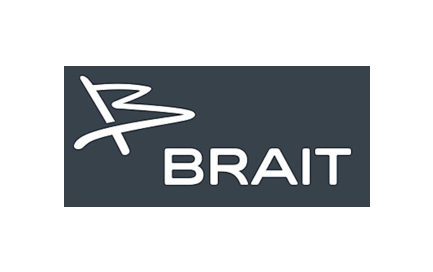
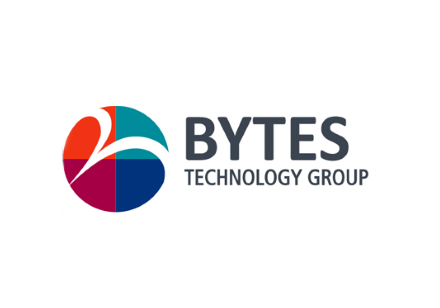

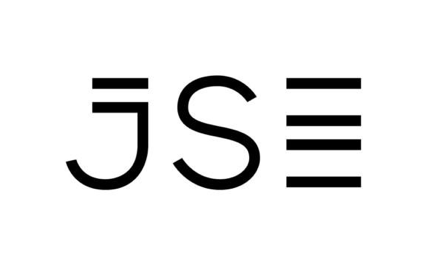
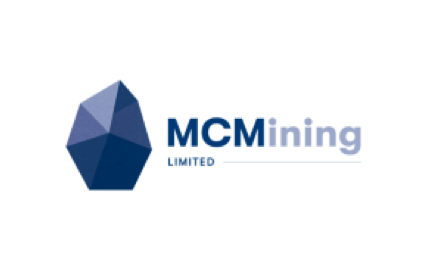
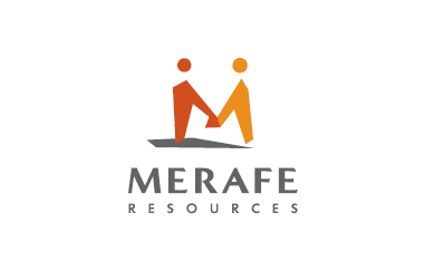
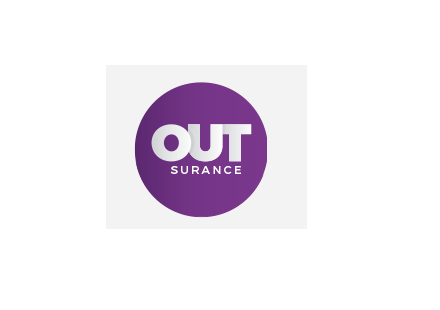
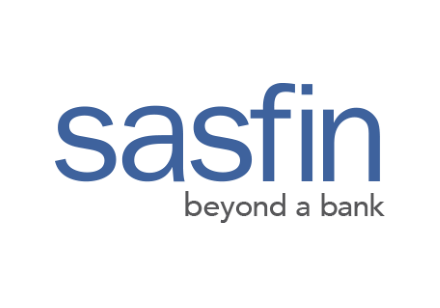
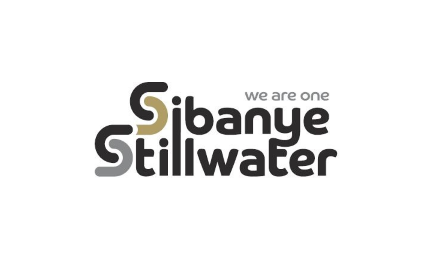
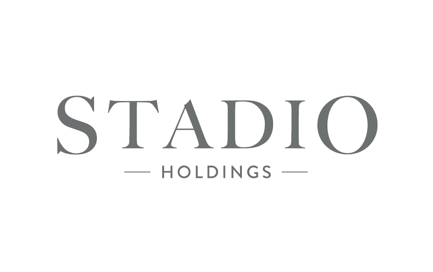
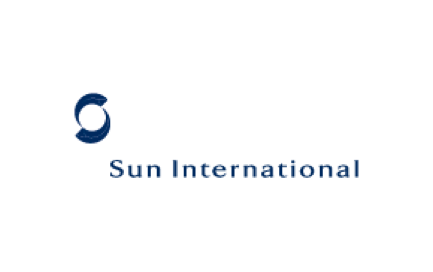
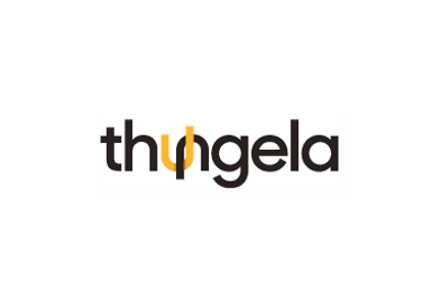
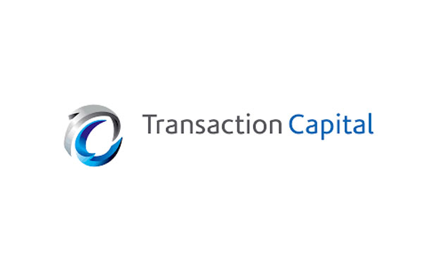
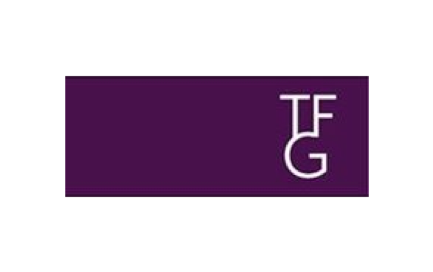

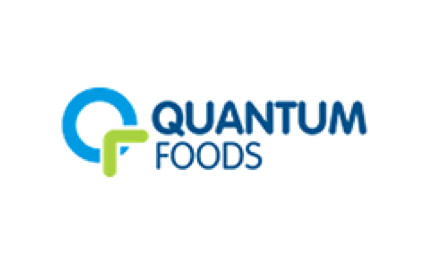
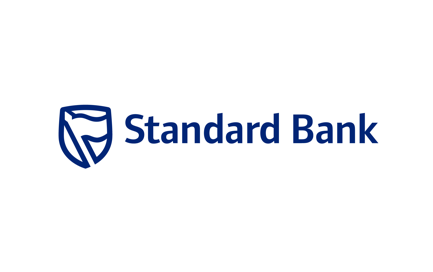
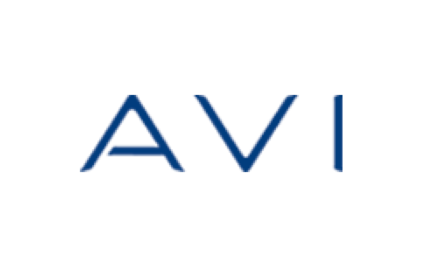
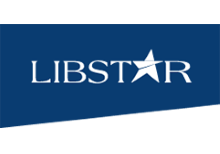
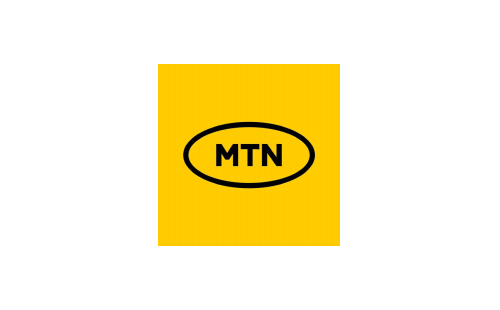
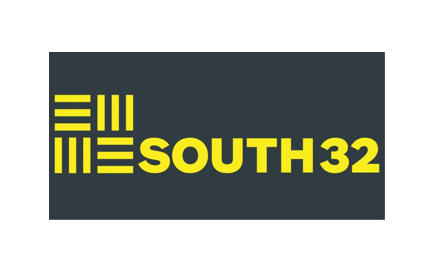
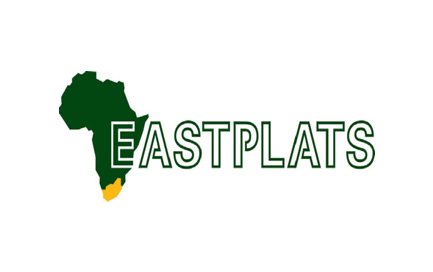
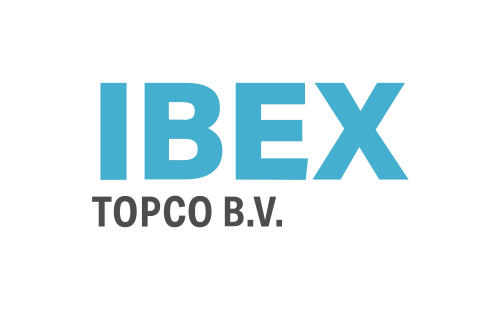


Sam Mudd is no gentleman – she is in fact a lady
That’s a poor miss on my side – thank you so much for that correction. Article updated accordingly.